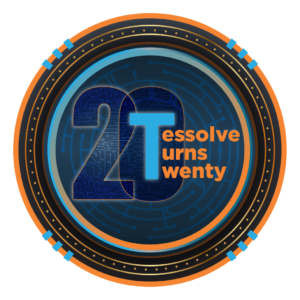| Conference: | Verification Futures 2024 (click here to see full programme) |
| Speaker: | Ishaq Unwala |
| Presentation Title: | Verification education: Opportunities and Challenges |
| Abstract: | Functional verification is facing a challenging task to verify ever more complex designs. Finding well educated, experienced verification engineers is always a challenging task. This task is made more challenging by the fact that colleges don't provide proper education on verification techniques. To meet this challenge, there is a need to promote functional verification in colleges and present it as a career path to the students. This requires cooperation by the faculty members and support from the industry. Currently, colleges don't promote functional verification as a subject. The students are not even aware of the career opportunities in verification. Graduating Computer Engineers learn verification techniques incidentally as part of logic design class. This is not sufficient for verification of today's designs. The opportunity for the industry is the ability to hire a well-educated functional verification engineers, instead of having to train them on-job. Cooperation between industry and colleges can meet the future verification challenges. Despite many commonalities, there are significant differences between the education of functional verification and design engineers. The presentation will also point out the similarities and differences in education requirements. |
| Speaker Bio: | Dr. Ishaq Unwala is an Associate Professor of Computer Engineering at University of Houston Clear Lake. He received his undergraduate degree in Electrical Engineering from West Virginia University, Morgantown, WV. He received his M.S. and Ph.D. degrees in electrical and computer engineering from the University of Texas at Austin, Austin, TX, in 1986 and 1998, respectively. After working in semiconductor industry for 20 years for VLSI Technology Inc, IBM Corp, Intel Corp, Intrinsity Inc, Apple and Oracle (SunMicro Systems), he joined University of Houston Clear Lake in 2014. At University of Houston Clear Lake, he teaches both undergraduate and graduate courses, and conducts research in various computer engineering topics. He has co-authored over 20 technical papers and articles. He has directly supervised 5 Thesis students and taught over 300 graduate students. His professional involvement includes serving as Section Chair of IEEE Galveston Bay Section and Vice Chair of IEEE Vehicle Technology Society in Galveston Bay Section. He is the recipient of IEEE R5 Outstanding Individual Achievement Award 2019. Under his guidance IEEE Galveston Bay Section received multiple awards: IEEE Galveston Bay Section received the 2019 R5 Best Small Section award, two IEEE R5 NASA/JSC Stepp Stone awards 2019 and global 2022 IEEE MGA Outstanding Small Section award. His research interests include Cyber-physical systems (Internet-of-Things), Computer architecture and micro-architecture, Digital systems design, Hardware design verification techniques and technologies, Formal verification methods, Functional coverage, Engineering CAD tools technologies and techniques. |
| Key Points: |
|


